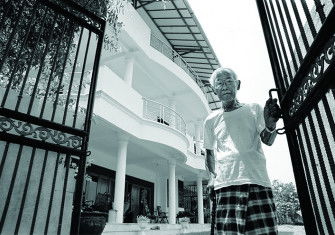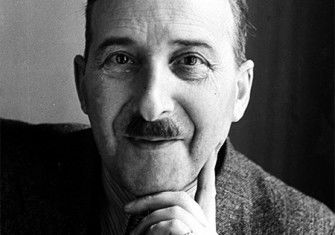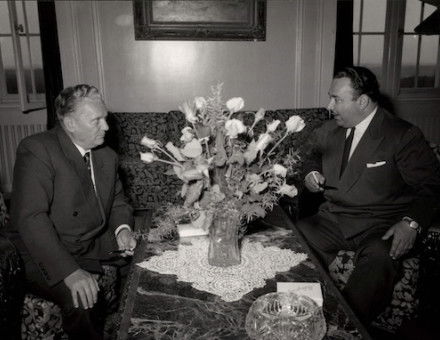Portrait of the Author as a Historian: Svetlana Alexievich
Attempting to recover the human experience of Communism in the post-Soviet era, a Belarusian investigative journalist found pessimistic nostalgia in place of hope for the future.
 ‘Communism had an insane plan’, Svetlana Alexievich has claimed: to remake not just society, but humanity itself. ‘And it really worked’. After many years in the ‘Marxist-Leninist laboratory’, a new type of man had emerged: homo sovieticus. Although he might speak any one of a dozen languages, he was easy to pick out. Tragedy was etched in his face. Born in ‘the land of the Gulag and the harrowing war’, he had suckled on the horrors of ‘dekulakisation, and …deportations’. Hemmed in by conflict, he had developed his own ‘conceptions of good and evil’, his own ‘heroes and martyrs’. His speech was peppered with ‘jarring terms’ such as ‘liquidate’ and ‘eliminate’. And his heart was full of ‘hatred and superstition’.
‘Communism had an insane plan’, Svetlana Alexievich has claimed: to remake not just society, but humanity itself. ‘And it really worked’. After many years in the ‘Marxist-Leninist laboratory’, a new type of man had emerged: homo sovieticus. Although he might speak any one of a dozen languages, he was easy to pick out. Tragedy was etched in his face. Born in ‘the land of the Gulag and the harrowing war’, he had suckled on the horrors of ‘dekulakisation, and …deportations’. Hemmed in by conflict, he had developed his own ‘conceptions of good and evil’, his own ‘heroes and martyrs’. His speech was peppered with ‘jarring terms’ such as ‘liquidate’ and ‘eliminate’. And his heart was full of ‘hatred and superstition’.







